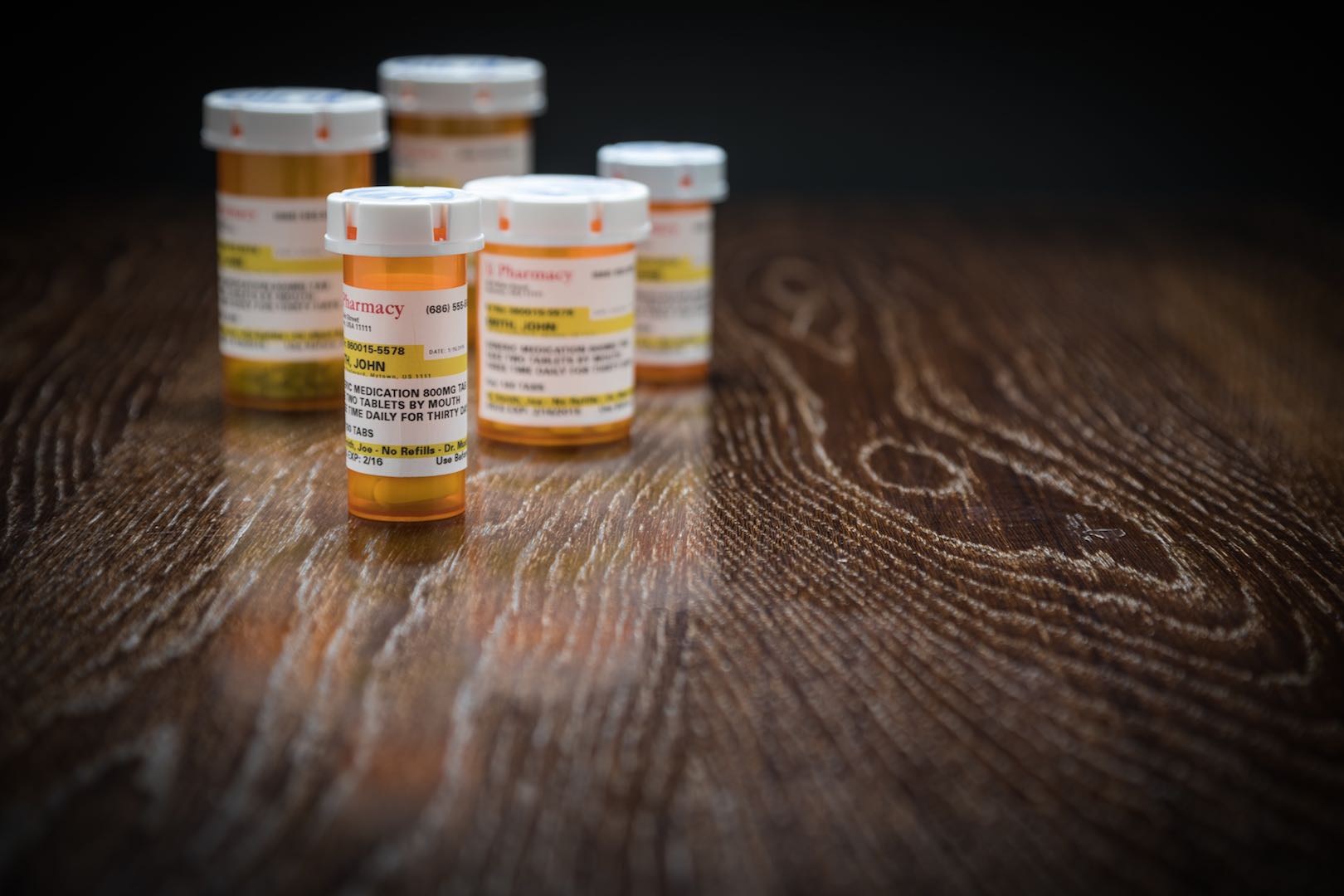Prescription Drug Treatment
Many people have experienced prescription drugs of some kind. Maybe they needed painkillers after surgery or a muscle relaxer after a painful injury. Physical pain is a symptom everyone will experience at some point in their life. In the event that this pain warrants a visit to a doctor, patients may be prescribed behind-the-counter strength painkillers such as OxyContin (oxycodone).
For many, the prescription is used as directed and users don’t become addicted. But for others, the situation can turn addictive – and quickly. When opioids are prescribed there is always the risk that the patient may develop an addiction.
A Silent Addiction
Two of the most commonly prescribed painkillers are Vicodin (hydrocodone) and OxyContin. Both are opiates and work by stimulating the production of dopamine in the brain. Dopamine is also known as the “feel good” hormone and attaches to opioid receptors located in the reward center of the brain.
Prolonged use causes the user to develop a tolerance, which means that more of the opiate is needed to create the same effect, but the effect doesn’t last as long. The user also depletes the brain of naturally occurring dopamine and rewires the brain to only release dopamine when the artificial hormone triggers it.
A Hidden Danger
According to the American Society of Addiction Medicine, 80 percent of new heroin users reported starting out by misusing prescription painkillers, and more than half of those got medication from a friend or family member. Many patients prescribed prescription painkillers often leave them unguarded in a medicine cabinet or other easily accessible places.
In 2015, the federal government published guidelines directed toward reducing opioid misuse and overdose by urging medical professions to be more cautious when prescribing of opioid medications. Patient education is also key, and those who are prescribed opioid painkillers are urged to follow directions exactly and to dispose of unused medications according to FDA guidelines which include:
- Medicine take-back options such as periodic collection events or permanent disposal sites.
- Household trash disposal (mix medication with an inedible or unpalatable source such as dirt, cat litter, or used coffee grounds). Place in a sealed container or bag and dispose.
- Flushing is the recommended method for certain medications such as prescribed fentanyl (Abstral, Actiq, Duragesic, or Fentora, or Onsolis), which can be fatal if not taken correctly.
From Legal Prescription to Illegal Substances
What happens when someone becomes dependent on prescription drugs but they’re unable to fill another prescription? Many times they turn to the street. More than 90% of respondents in a 2014 survey of people in treatment for opioid addiction said that they turned to heroin because prescription opioids were “far more expensive and harder to obtain.”
Other Addictive Medications
Opioids aren’t the only type of medication that can be abused. In addition to opioids the classes of medication most often abused are:
- Central Nervous System Depressants such as Xanax, Valium, or Ambien.
- Stimulants such as Methylphenidates (Ritalin), Dextroamphetamine and amphetamines (Adderall XR), and Dextroamphetamine (Dexedrine).
The Vicious Cycle
Those who abuse prescription medications often go at great lengths to hide their addiction. Many are unaware of just how problematic their use has become. Signs of abuse include:
- Multiple prescriptions at various pharmacies or going to multiple doctors in order to obtain more prescription.
- Constant requests for painkillers.
- Asking others for their personal medications.
- Lying or being deceitful in order to get more medicine.
Road to Recovery
In 2016 more than 45 people died from a prescription drug overdose each day in the United States and prescription opioids are responsible for more than 40 percent of all opioid deaths. If you or someone you love is abusing prescription drugs now is the time to seek help. Treatment for prescription drug abuse is based on the individual. Successful treatment takes time and a good support system, and at Daybreak Treatment Solutions, we provide both. You can participate in either in partial hospitalization treatment or intensive outpatient treatment.

